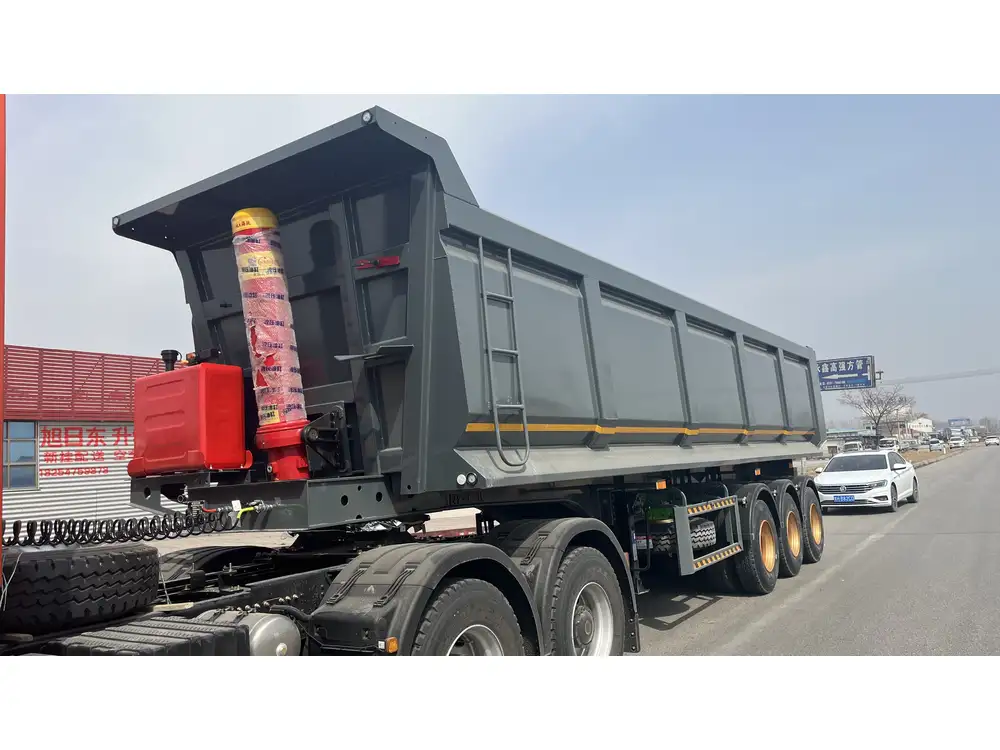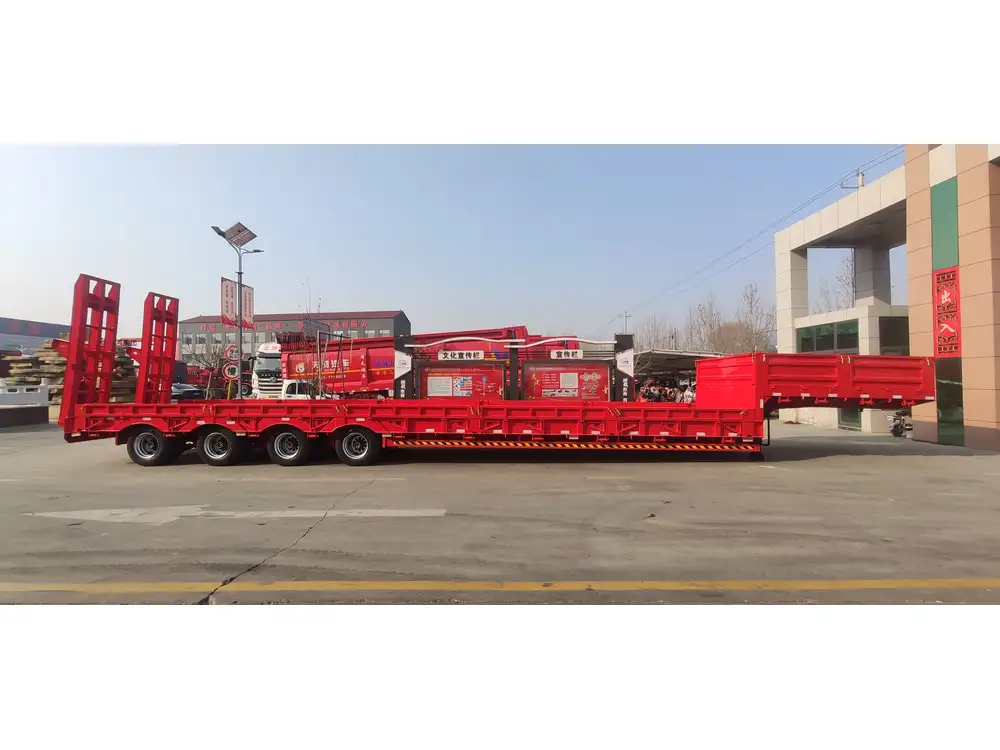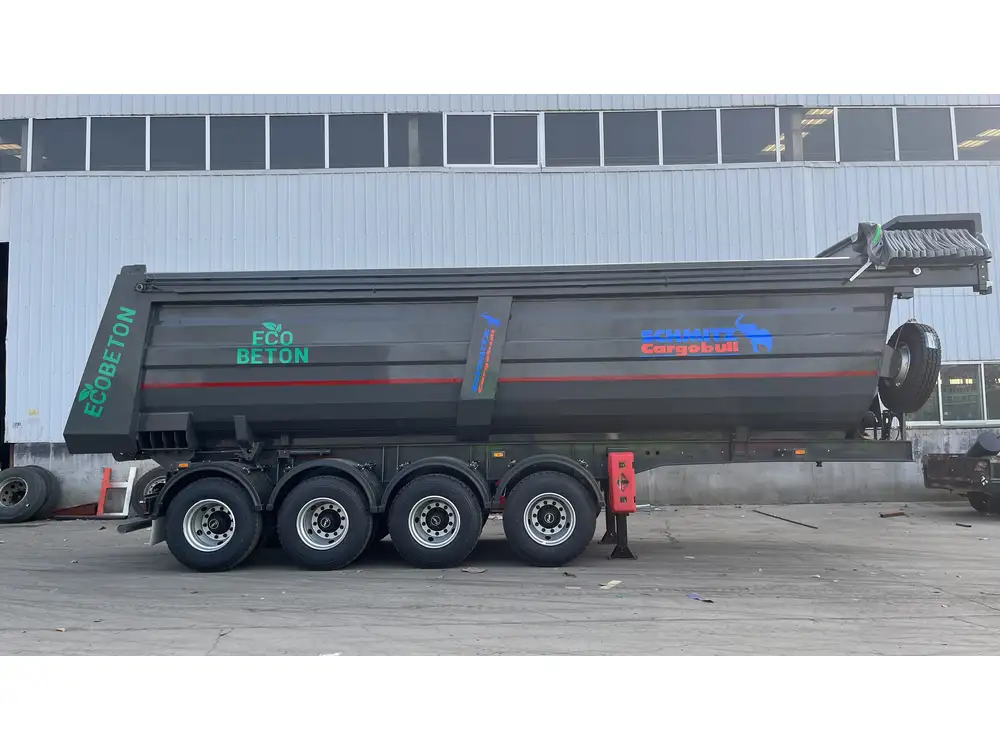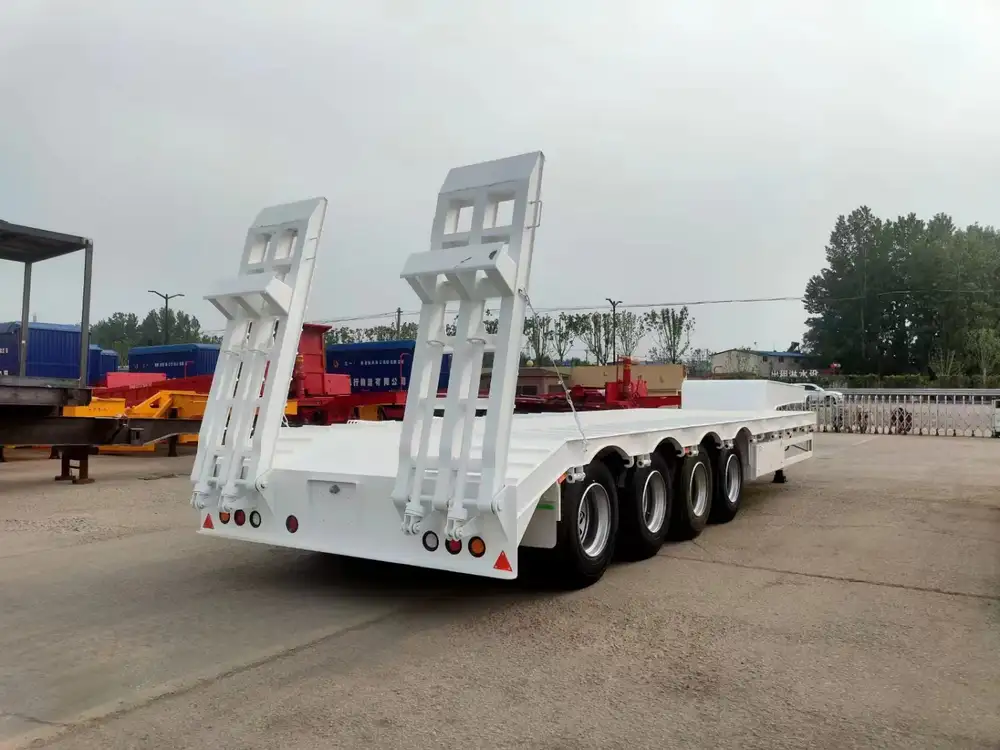The question of whether travel trailer holding tanks can be emptied into a septic system is one that many RV owners ponder as they navigate the complexities of wastewater management. In this article, we will thoroughly examine important considerations, regulations, and practical solutions for RV wastewater disposal, helping you make informed decisions while ensuring compliance with local laws.
Understanding Travel Trailer Holding Tanks
Travel trailer holding tanks serve as storage solutions for waste generated during your journeys, typically divided into three key categories:
Gray Water Tank: This tank collects wastewater from sinks and showers, excluding toilet waste. It usually contains soap, food particles, and personal care products.
Black Water Tank: This tank holds the waste from the toilet. Its contents are more concentrated and require careful management to avoid environmental contamination.
Fresh Water Tank: Though not a holding tank for waste, it’s essential to keep your fresh water separate from waste systems; maintaining clean water is crucial for your health.
Understanding the functions of these tanks is vital, as different disposal practices apply to each.
Key Features of Holding Tanks
| Tank Type | Contents | Appropriate Disposal Method |
|---|---|---|
| Gray Water | Soapy water, food particles | Can often be managed with permitted grey water systems, but not always into septic |
| Black Water | Human waste | Must be disposed of at designated dump stations |
| Fresh Water | Clean drinking water | Regular filling and never mixed with waste |

The Risks of Emptying Holding Tanks into Septic Systems
While it might seem convenient to drain your travel trailer’s holding tanks into your home septic system, there are considerable risks and legal factors to contemplate:
1. Potential Damage to the Septic System
The primary concern is the impact on the septic system. Black water has a high concentration of pathogens, and introducing excessive waste can disrupt the delicate balance of bacteria necessary for the system to function correctly. Here are some specifics:
- Overloading the System: Regularly emptying black water into a septic system can lead to overloading, causing backups and failures.
- Bacterial Disruption: Septic systems rely on beneficial bacteria to break down waste. Chemicals present in RV black water, such as toilet bowl cleaners and disinfectants, can harm these bacteria.
2. Local Regulations and Permitting
Many areas have strict regulations regarding household wastewater disposal, particularly concerning where gray and black water can be dumped. This creates a complex web of compliance that has serious implications:
- Legal Restrictions: Municipal codes may prohibit dumping black water into septic systems, defining penalties for non-compliance.
- Health Risks: Disregarding these regulations could contribute to health hazards in your community, prompting local authorities to enforce fines or mandates.

3. Environmental Concerns
The environmental implications of improperly disposing of waste cannot be understated. Water contamination and pollution are critical issues in managing waste disposal:
- Water Supply Contamination: Every year, humans’ improper disposal of waste results in hazardous substances entering water supply sources.
- Damage to Local Wildlife: The toxins found in improperly treated waste can adversely affect local ecosystems, harming both flora and fauna.
Alternatives to Emptying Holding Tanks Into Septic Systems
Since emptying RV waste directly into septic systems carries considerable risks, several alternative approaches exist that can maintain compliance and protect both your system and the environment.
1. Utilizing Designated Dump Stations
One of the most common and safest methods to manage black and gray water is through the use of park or RV facility dump stations. Here’s what to consider:
- Proximity: Many camping areas and RV parks provide facilities for proper disposal.
- Convenience: Most dump stations are designed specifically for this purpose, making the process efficient and effective.

2. Installing a Portable Waste Tank
If you frequently travel in areas without easy access to dump stations, a portable waste tank can be invaluable. Here’s a breakdown of features:
- Capacity: Portable tanks are available in various sizes, allowing for flexibility in waste management.
- Ease of Use: Most come equipped with wheels and easy-drain valves, simplifying transport to the dump station.
3. Composting Toilets
For those looking for green solutions, a composting toilet could be a sustainable alternative to traditional black water systems. Key benefits include:
- Reduced Waste: Composting toilets minimize the amount of waste requiring handling.
- Nutrient-Rich Fertilizer: When properly maintained, compost outputs can enrich soil for gardening.
Best Practices for Maintaining Holding Tanks
Maintaining your travel trailer’s holding tanks not only prolongs their life but also promotes responsible waste management. Here are some best practices to adopt:

1. Regularly Monitor Tank Levels
Keeping an eye on tank levels may help you avoid overfilling and potential emergencies:
- Use Indicators: Most modern RVs come equipped with tank indicators that provide real-time readings.
- Regular Checks: Establish a routine for checking your tanks during trips to ensure timely disposal.
2. Use Biodegradable Products
When using soaps or cleaners, opt for biodegradable options to reduce toxins entering the waste system:
- Environmentally Friendly Soaps: Look for products labeled as RV-friendly.
- Natural Cleaning Solutions: Vinegar and baking soda can often serve as effective cleaning alternatives.
3. Balance Waste Disposal
Understanding how to balance what goes into your holding tanks is crucial in maintaining their health:
- Limit Flushing Non-biodegradables: Items like wipes or feminine hygiene products can cause blockages.
- Regular Cleaning: Use tank cleaning products as needed to prevent build-up.

Conclusion
Ultimately, the question of whether travel trailer holding tanks can be emptied into a septic system leads us to many important considerations. The consequences of improper disposal can greatly affect septic systems, local regulations, and the environment as a whole. Instead of taking the risk, we encourage RV owners to adopt safe, efficient waste disposal methods, such as using designated dump stations and considering portable waste solutions. With the right practices, you can ensure a better experience for yourself and contribute positively to the health of your septic system and environment.
Understanding the complexities of holding tank disposal not only protects your personal assets but ensures a more sustainable practice in the RV community. Adopting these best practices guarantees that you will have a safer and more enjoyable journey ahead.



